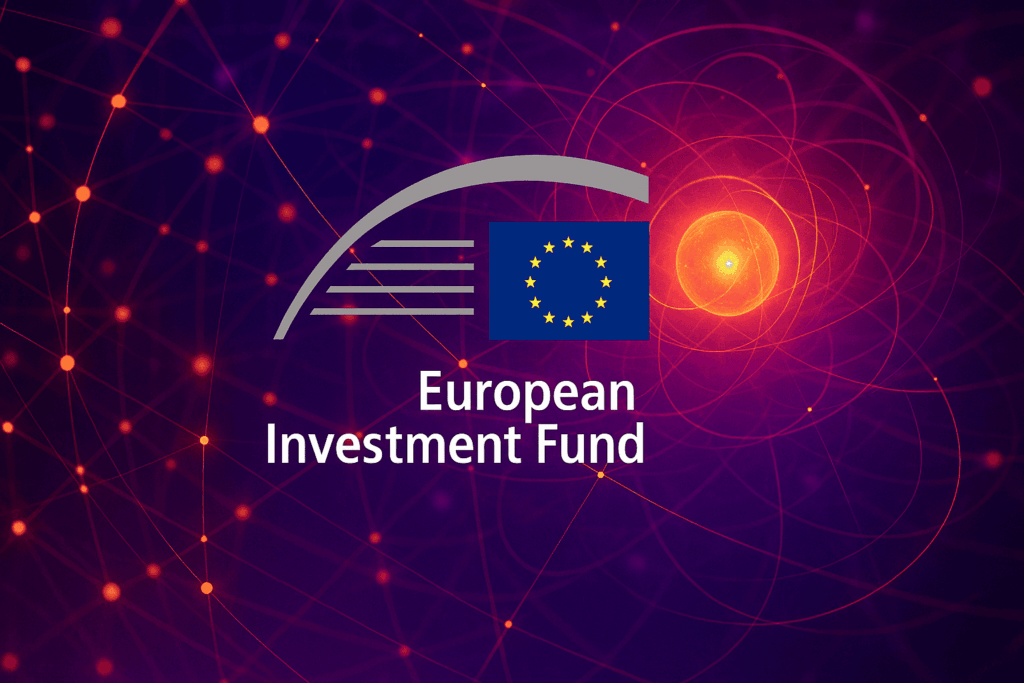Insider Brief
- Aquark Technologies won a £3.4 million contract from Innovate UK to develop its high-performance cold atom clock, AQlock.
- Cold atom clocks are extremely precise tools that measure time by using atoms that have been cooled to nearly absolute zero.
- Using cold atoms as a basis for position, navigation and timing boosts in performance and autonomy compared to existing solutions.
PRESS RELEASE — Aquark Technologies – a UK quantum technology company – has won a £3.4 million contract from Innovate UK to develop its high-performance cold atom clock, AQlock. The Small Business Research Initiative (SBRI) competition “Quantum-enabled positioning, navigation and timing systems” was run to deliver quantum-enabled systems for positioning, navigation and timing, and quantum-enabled sensors for navigation applications, such as magnetic or gravity field sensors.
AQlock will be the UK’s first commercially available cold atom clock. Cold atom clocks are extremely precise tools that measure time by using atoms that have been cooled to nearly absolute zero. Atomic frequencies are incredibly stable and consistent allowing clocks based on them to operate for millions of years without losing a second. Aquark uses a unique laser cooling method in AQlock, known as a super molasses, which does not require an applied magnetic field to trap atoms. This makes the clock more portable and robust than other cold atom clocks and easier to produce commercially.
Reducing reliance on GNSS

The UK’s current almost complete reliance on GNSS for positioning, navigation and timing has long been identified as a weakness. The need to develop a more resilient PNT system is part of both DSIT’s New framework for Greater Position, Navigation and Timing Resilience to underpin Critical National Infrastructure (CNI) announced last year, and the National Quantum Strategy. According to a 2023 government report, it would cost the UK £7.6 billion if GNSS signals were lost for 7 days.
Talking about the award to Aquark, Roger McKinlay, Challenge Director Quantum Technologies in Innovate UK said, “I’m delighted Aquark has been awarded this contract as we seek to establish a sovereign and secure supply chain in this critical technology area”.
Aquark’s unique approach to cold atom technology
Using cold atoms as a basis for position, navigation and timing enables a step change in performance and autonomy compared to existing PNT solutions. However, the required components of cold-atom traps to-date have rendered them too complex, large and power-intensive for meaningful real-world use, and therefore limited in their application.
Aquark has successfully overcome this major limitation by minimising the need for magnetic field control and miniaturising its cold-atom engine. This miniaturisation means that the company can enable mass-scale implementation of highly precise sensors and clocks, GNSS-independent inertial navigation, and quantum computing. During a previous Innovate UK-funded project, Aquark successfully proved feasibility of its cold atom clock technology, including technical demonstration of an open-loop clock signal.
Andrei Dragomir, CEO of Aquark, said, “The award from Innovate UK allows us to transition the AQlock to commercial readiness, including extensive lab and live-environment testing. Delivery of the AQlock will open up quantum-enabled systems for global PNT, and simultaneously establish a UK-prioritised supply chain, providing the opportunity for wholesale transition away from GNSS dependency and replacing vulnerable systems with UK quantum technology.”
The AQlock is designed to integrate into existing systems as an accompaniment or augmentation to GNSS-enabled technology. Initial target sectors include telecoms, defence, finance and aviation, with committed end-users informing the scope of technical development.
















